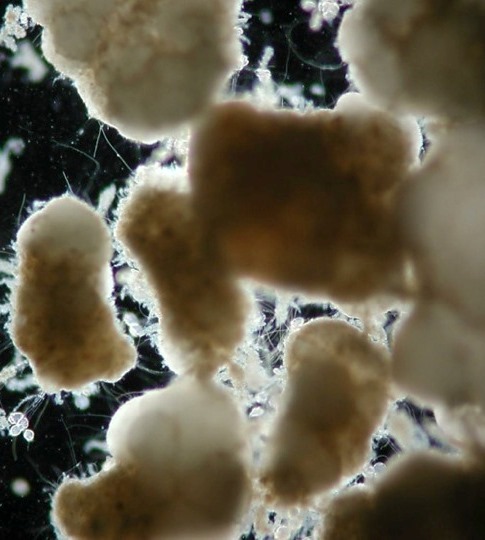One way of reducing greenhouse gas emissions is to transform CO2 into biomass. Being rich in proteins, this biomass can then serve as input for sustainable production of nutrients and much more.
Life became supersmart at thriving in limiting conditions. If we understand the bacterial tricks for survival then we can control and optimise them for large-scale applications
Rebeca Gonzalez Cabaleiro
As part of the Zero Emission Biotechnology research programme my group investigates how and why a microbial community we collected from the environment uses formate (HCO2) to maximise growth. We combine experiments with computational predictions to map every step of the microbial metabolism. By varying environmental conditions, we are able to select an enriched community of specific bacteria that increase the efficiency of the bioprocess and maximise their growth. This process can then be industrialised by our colleagues in Bioprocess Engineering.
